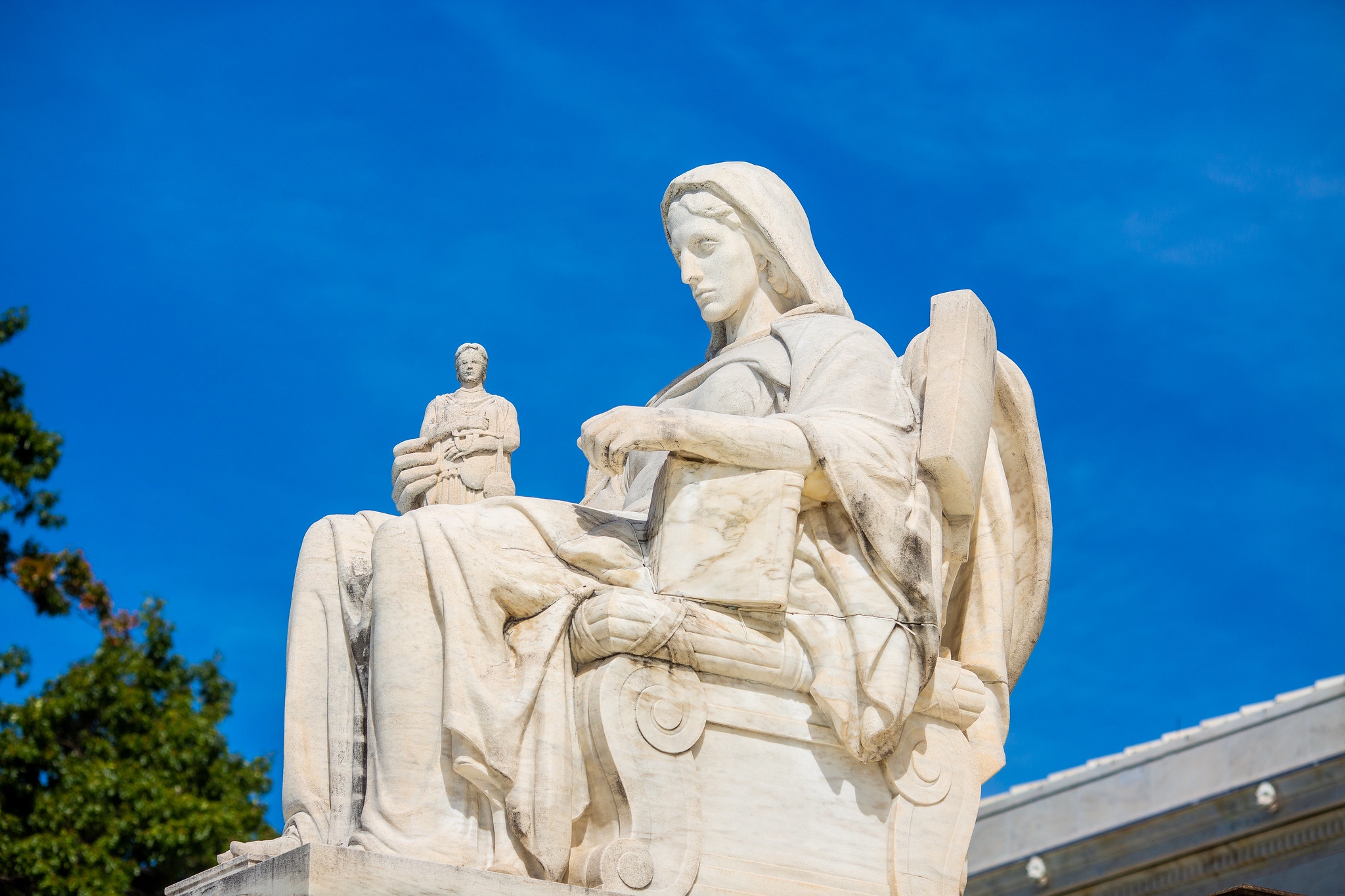EMERGENCY DOCKET
Biden asks justices to block limits on collaboration with social media companies

on Sep 14, 2023 at 3:46 pm

UPDATE: On Friday afternoon, Justice Samuel Alito temporarily extended the stay of the lower court’s order until the end of the day on Wednesday, Sept. 27.
The Biden administration on Thursday afternoon asked the Supreme Court to temporarily block a lower court’s order that would limit its ability to communicate with social media companies over content moderation policies. U.S. Solicitor General Elizabeth Prelogar told the justices that if the “unprecedented” order is allowed to stand, it would put a Louisiana district judge in charge of overseeing the executive branch’s communications with social media companies.
Shortly after receiving the government’s request, Justice Samuel Alito — who handles emergency requests from the U.S. Court of Appeals for the 5th Circuit — put the lower court’s order on hold until the end of the day on Friday, Sept. 22, to give the justices time to rule on the request. Alito also directed the plaintiffs to file a response to the government’s application by 4 p.m. on Wednesday, Sept. 20.
The dispute arises from the federal government’s efforts to combat the spread of misinformation on social media by flagging content for social media platforms and urging them to remove that content. The lawsuit was filed by Republican attorneys general in Missouri and Louisiana, as well as four individual plaintiffs whose social media posts on controversial topics such as the COVID-19 lab-leak theory and vaccine side effects were removed or downgraded. They argued that the government “coerced, threatened, and pressured social-media platforms to censor” them, which violated the First Amendment.
The federal government countered that it had only sought to “mitigate the hazards of online misinformation” by flagging content that violated the platforms’ own policies.
In July, a federal judge in Louisiana issued an order that limited the federal government’s communications with social-media companies about virtually all content. The ruling by U.S. District Judge Terry Doughty applied to the White House, the Surgeon General, the Centers for Disease Control and Prevention, the Federal Bureau of Investigation, the National Institute of Allergy and Infectious Diseases, the Cybersecurity and Infrastructure Security Agency, and the Department of State.
The Biden administration appealed to the 5th Circuit, which on Sept. 11 agreed with Doughty that government officials had likely violated the First Amendment. The court of appeals concluded that when the social-media companies moderated content on their platforms, they were effectively acting on behalf of the government. The court characterized the conduct at the center of the case as a “coordinated campaign” “orchestrated by federal officials that jeopardized a fundamental aspect of American life.”
The court of appeals narrowed the number of government agencies to which Doughtry’s order applies – limiting it to the White House, the Surgeon General, the CDC, and the FBI – and continued to limit (although also on a narrower basis than Doughtry’s order) their communications with social media companies.
The Biden administration came to the Supreme Court on Thursday, asking the justices to step in and put Doughtry’s order, as modified by the 5th Circuit’s ruling, on hold until it can file a petition for review. The order would have “startling” implications, Prelogar cautioned, by putting “unprecedented limits on the ability of the President’s closest aides to use the bully pulpit to address matters of public concern, on the FBI’s ability to address threats to the Nation’s security, and on the CDC’s ability to relay public-health information at platforms’ request.”
Prelogar added that the lower court’s ruling affects not only government officials but also social media companies, because under the 5th Circuit’s ruling they too can be held liable for violating the First Amendment – for example, simply by accepting a recommendation from the government to moderate content.
Prelogar pushed back against the 5th Circuit’s conclusion that the government had coerced or threatened social media platforms to get them to remove content. Instead, she characterized the relationship as a “back-and-forth in which the government and platforms often shared goals and worked together, sometimes disagreed, and occasionally became frustrated with one another, as all parties articulated and pursued their own goals and interests during an unprecedented pandemic.”
Prelogar told the justices that she plans to file a petition for review by Oct. 13, but she suggested that the court could also treat Thursday’s emergency appeal as a petition for review, as it did recently in the case of the Purdue Pharma bankruptcy.
The Louisiana lawsuit is part of a broader response to the belief that social media platforms are censoring their users, especially those with conservative political views. Last year the justices temporarily blocked Texas from enforcing a law that bars large social media companies like Facebook and X (formerly known as Twitter) from removing posts based on the views that they express. The 5th Circuit later upheld the law, while the U.S. Court of Appeals for the 11th Circuit struck down most of a similar law in Florida that prohibits social media companies from banning political candidates and “journalistic enterprises.” The justices could announce as soon as the end of September whether they will hear oral argument in those cases.
This article was originally published at Howe on the Court.


